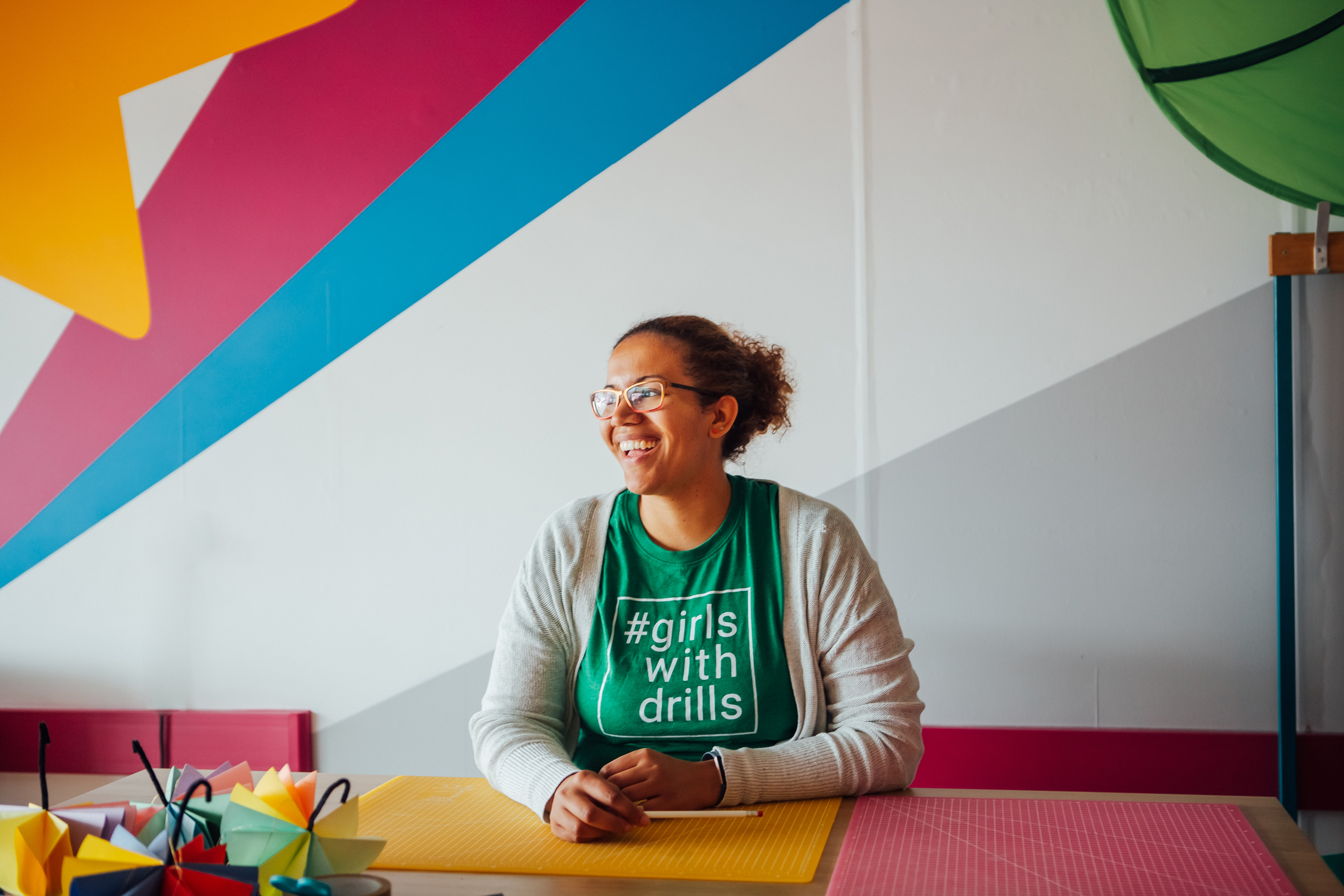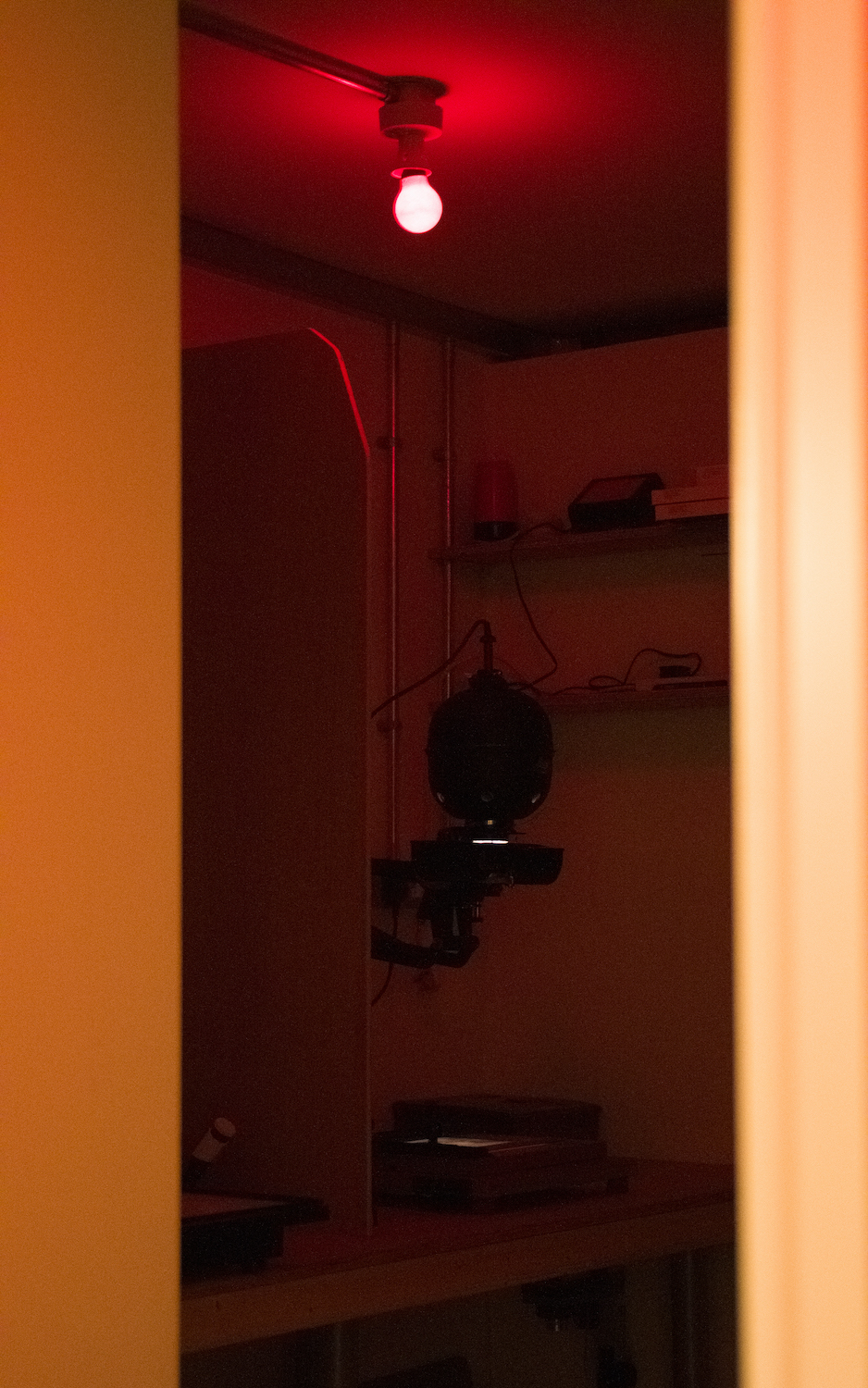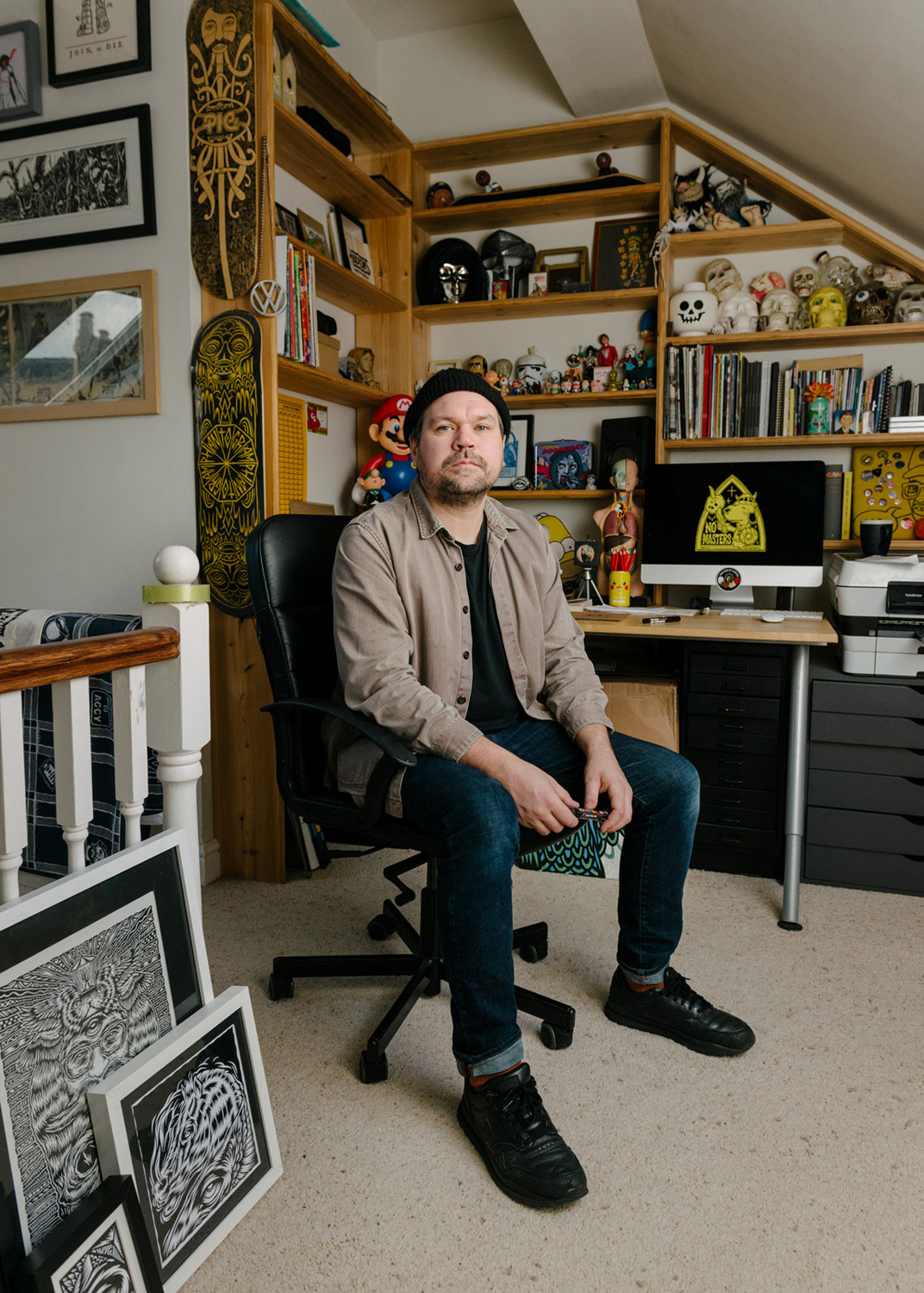Update: since publishing this interview, Bright Box has moved its base to Barnsley – though still does occasional events in Sheffield too.
Several houses in Sheffield have found themselves furnished with handcrafted planters, side tables, ottomans or coat racks over the past couple of years, since Kisha Bradley let her Girls With Drills workshops loose in the city. The workshops bring women and girls together to build something nifty for the home, and their confidence at the same time. For many they’ve been an introduction to not just how to use (and not be terrified of) drills and handsaws, but also to Kisha and the wider work she does under the banner of her social enterprise Bright Box.
At Bright Box Makerspace, Kisha aims to get children to play around with creative tech, get stuck in with hands-on problem-solving activities, and be confident to try new things.
Here Kisha talks us through her motivations and how she came to set up Bright Box in Sheffield.
What inspired you to start Bright Box?
My background is engineering but before that I grew up in a rural town in the US. There was something like 768 people and two of them were non-white: me and my brother. One in every three in the community were in poverty, and my family was one of those. Rural schools don’t have as many resources – there was no lab, no hands-on elements, no coding. The most we did with computers was learn how to type. There was nothing to prepare me to go into engineering but I didn’t know that until I was in it, looking in hindsight like, “how did I get here?!”
When I was in engineering school I was questioning all these things, finding out about my community and starting to connect the dots and realise that the other students just had a lot more opportunities to be creative, to experiment and to fiddle around with everyday stuff. So that’s where I started to think about the idea for Bright Box, though it wasn’t Bright Box then – I just thought that people from deprived communities needed a way to learn hands-on problem solving.
How did you bring the idea to Sheffield?
I lived in Germany for a year and that’s where I met my partner, who’s from Halifax and went to Sheffield Hallam. We went on holiday to London, Halifax, Sheffield and a few other places, and I fell in love with Sheffield. I got a student visa and during that time hung out with Startup Weekend Sheffield, where you’re put in teams to pitch your idea for a startup. Our idea sucked, but I learned that I could do it. This occurs throughout my life, that an opportunity exists that I never knew existed and now I have the skill set and permission to do it.
When I finished my management degree I got an entrepreneur visa and started Bright Toys. I’m an engineer so I know product design, but the market research made me realise I knew nothing about children – so needing to work with kids brought me back to this idea of starting something where children can learn hands-on creative problem solving. It wasn’t an a-ha moment, just lots of little experiences, meeting the right people at the right time and being invited to the boys’ club that happily has a lot more women in it now. Not enough, but more – and it’s those women that have lifted me up.
When I pitched at Sheffield Soup for my first funding I asked the audience to imagine a girl with a drill and Ruth Amos came up to me and was like, “we have to do something with that, #girlswithdrills”. It was just supposed to be some t-shirts to help fund the work we do in disadvantaged communities, but women started asking if they could actually have some workshops. I bought eight drills with my own money; now I have 30, and the workshops sell out a month in advance. Every time I feel like a bit of an imposter but it always goes down well.
What do you love about Sheffield?
Sheffield has so many gems, that’s why I moved here – there’s always something new to see. I like the filter coffee at Kollective Kitchen, the pies from Notty House. I live in Parson Cross and it doesn’t have the best reputation but if you live there then you know all of its little gems, and on my morning walks I see the same people and they’re so friendly – I love Sheffield’s people. I will also say that when I came back to visit when I’d got my visa and knew I was going to live here, I came out of the train station and I cried at the sound of the stupid fountain. Something about coming out of the station and seeing and hearing that fountain gets me all worked up. It’s like a homecoming.
What would you change about the city?
That’s a hard question, because the grass is always greener. Sheffield could brag more about itself, but really, then it wouldn’t be Sheffield would it? The things that I would change are the things that I would change no matter where I lived, and it’s the bureaucracy, the boys’ club, and the challenges that are faced if you want to keep pushing up and breaking glass ceilings for people who are socially excluded. There are lots of grassroots movements in Sheffield, which is great, but it’s just trying to get through the barriers and gatekeepers who have the power. We needed someone like Magid Magid – it’s about embracing who you are instead of trying to pretend to be something else or put a front on and pretend to be perfect. I don’t want Sheffield to be perfect; it wouldn’t be Sheffield if it was perfect. It’s unpolished in the best way possible.








